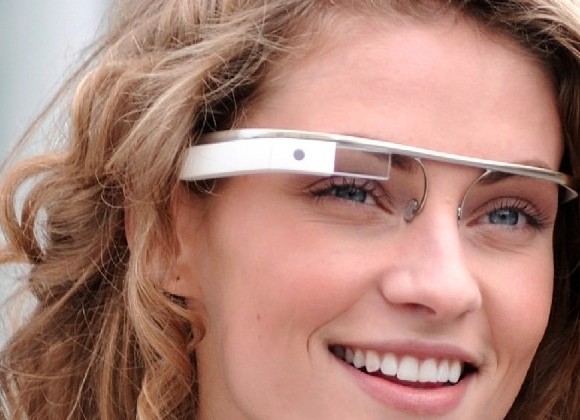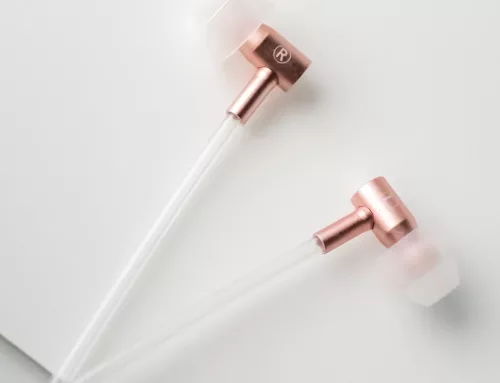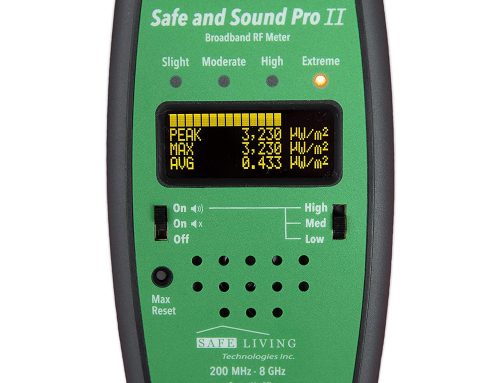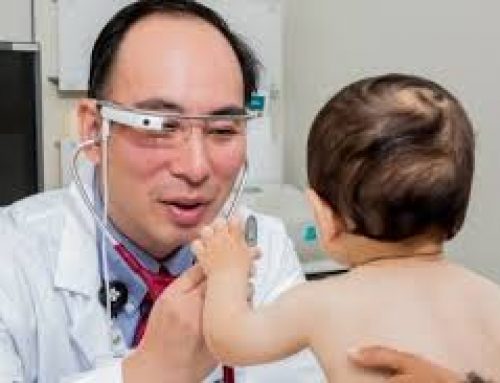I had the most interesting experience
at the doctor’s office recently.
I went to see a new doctor, someone my children’s pediatrician (who is holistic and wonderful) recommended for me. The nurse and I are in the examination room when she asks if I will give my consent for the doctor to wear Google Glass during our visit.
Hmm…
What is Google Glass?
It’s an optical head-mounted display designed to look like a pair of eyeglasses. It has wireless connectivity to allow the wearer to access the internet via voice commands and it displays information in a hands-free format. It also uses a camera for photo and video recording.
Why is my doctor wearing Google Glass?
There is a new trend in medicine for doctors to use off-site medical scribes. With the patient’s consent, the consultation is recorded (audio and video) via Google Glass and transcribed into the patient’s record via a medical scribe at another location. This is one application for Google Glass technology.
The upside (according to proponents) is that the doctor is able to give undivided attention to the patient and save time by not having to take notes during the visit.
However, one doctor found that he couldn’t get past a “blank glazed over stare” when communicating with patients.
The downside is that the doctor has a wireless transmitter next to her head continuously. The radio frequency exposures are as high (or higher) than holding a cell phone at your head ALL DAY.
Exposure to wireless (radiofrequency RF) radiation causes a decline in cognitive function and memory and problem solving skills are compromised. Your doctor may not be thinking at her highest capacity after wearing Google Glass, which means you might not be getting the best care.
RFR has been shown…to desynchronize normal neural activity, capable of disrupting sleep, circadian rhythms, diurnal hormone fluctuations, brain wave activity and heart rate variability by exposure to artificial electromagnetic signals (as opposed to natural evolutionary frequencies) and to do so at exceedingly low intensities. Bioinitiative Section 24, pg. 21, 2012 Supplement.
And most importantly, there is a potential risk for doctors for brain cancers (malignant gliomas and acoustic neuromas) with constant RF exposure like Google Glass.
Interphone Brain Cancer Study (Cardis et al., 2010) showed a 40% increased risk of glioma with 1640+ hours or more cumulative cell phone use. Hardell et al., 2011 showed a 320% increased risk of glioma with 2000+ hours cumulative cell phone use.
My sister works in an emergency room. She was asked to wear Google Glass during her shifts and declined, citing health concerns.
Privacy concerns regarding the security of your confidential medical information are another factor to consider.
No one I know holds a cell phone to their head anymore, so why would you choose to wear Google Glass?
On the bright side, it is OPTIONAL for the doctor to wear Google Glass when seeing patients. The patient can opt out, as I did, and I encourage you to do.
Have you experienced this at the doctor before?





